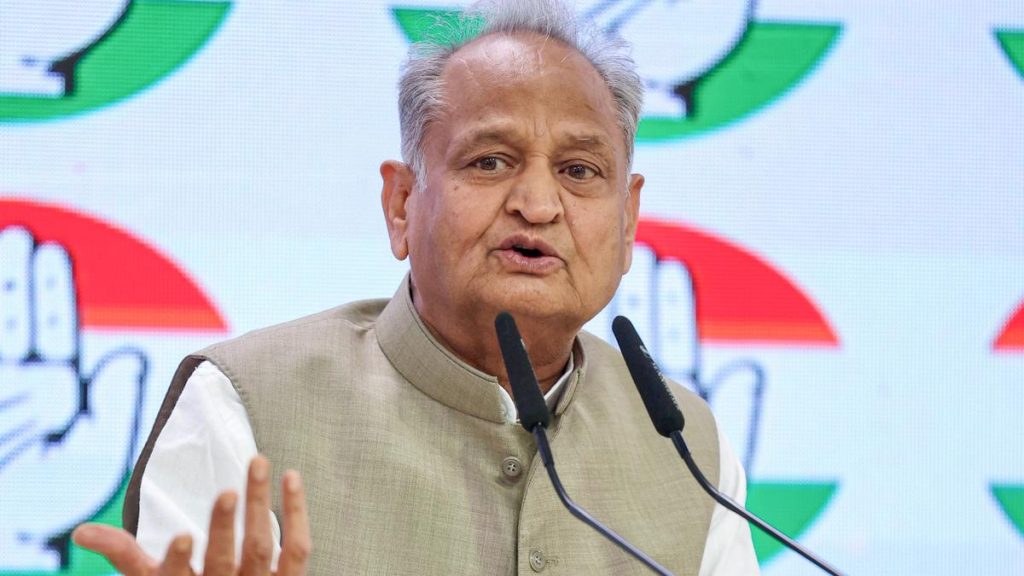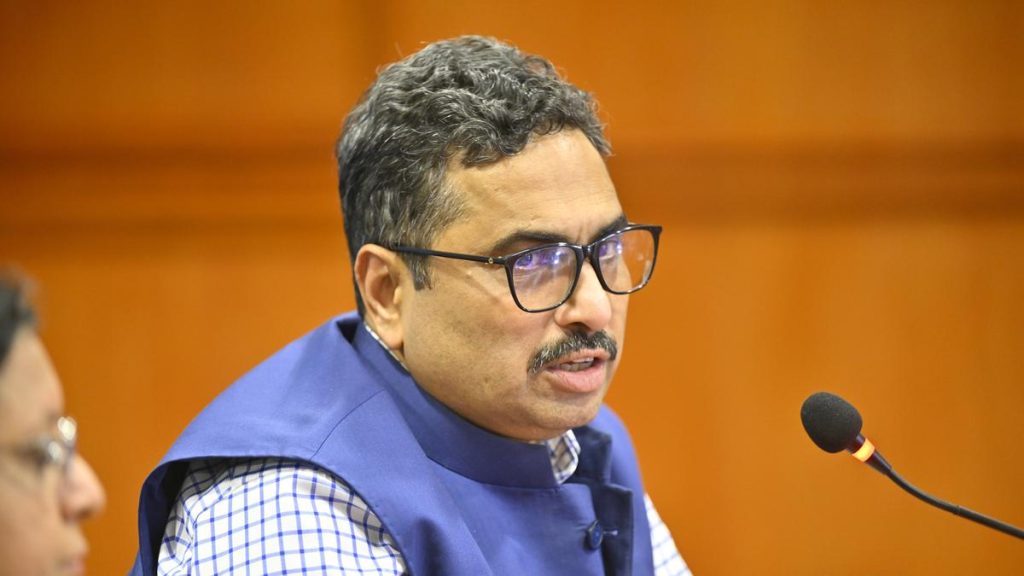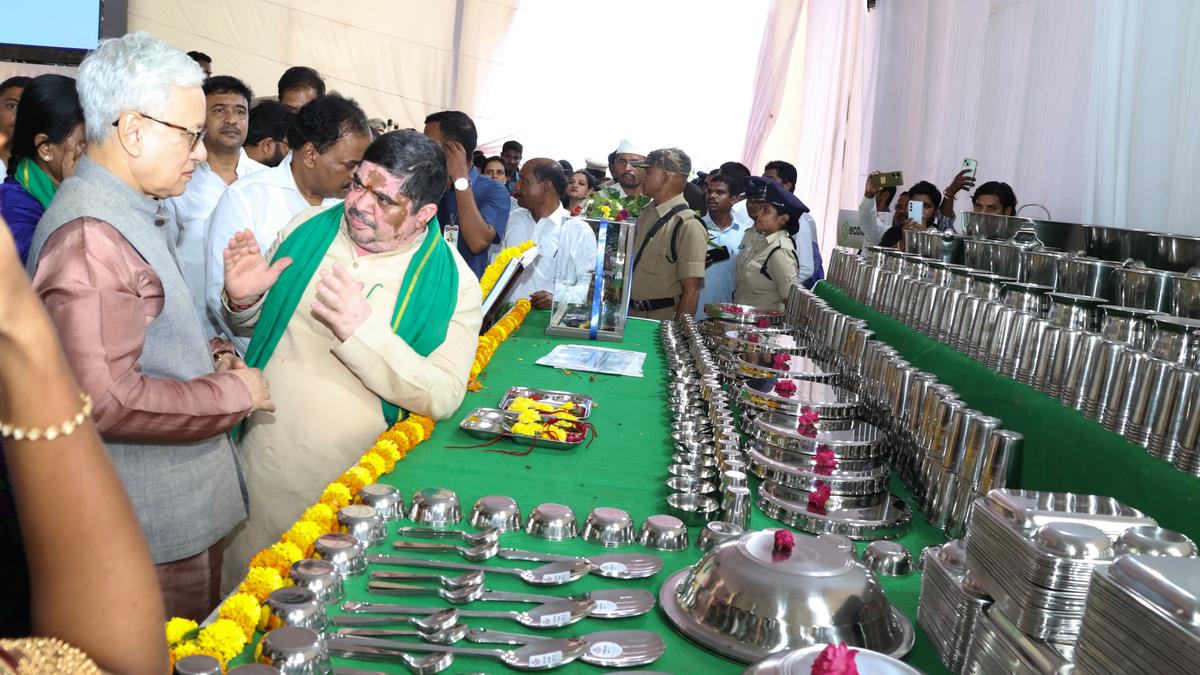Now Reading: Kerala Grapples with Rising Coconut Oil Prices
-
01
Kerala Grapples with Rising Coconut Oil Prices
Kerala Grapples with Rising Coconut Oil Prices

Swift Summary
- The price of coconut oil is expected to rise substantially to ₹500-₹600 per litre during the Onam festival season due to high demand.
- Festivals in northern India and the Sabarimala pilgrimage are predicted to sustain this demand until December.
- Coconut production has dropped substantially across India because of reduced patronage for cultivation and climate change effects.
- During the pandemic, hoarded produce caused a market glut, lowering prices temporarily but adversely affecting farmers. This was followed by decreasing production and rising prices post-pandemic recovery.
- Talath Mahamood, president of Cochin Oil Merchant’s Association, highlighted concerns about adulterated coconut oil entering the market due to soaring prices.
- Coconut oil retail price almost doubled in six months, rising from ₹235 in January 2025 to ₹460 per litre as of July 17, 2025.
- Malayalis primarily prefer coconut oil over alternatives like palm oil (₹120/850 gm) or sunflower oil (₹150/litre).
- Industry representatives suggest government intervention through banning exports temporarily and lifting import restrictions on coconuts/copra from Indonesia and Philippines.
Indian Opinion Analysis
The sharp increase in coconut oil prices reflects broader trends impacting agriculture in India: climate unpredictability and reduced interest among farmers for specific crops. With Kerala heavily reliant on coconut-based products culturally and economically, local consumption habits amplify these challenges during peak festive seasons. The inability to balance supply-demand dynamics has a ripple effect-from family budgets strained by inflationary costs to potential health risks linked with spurious substitutes entering markets.
Industry calls for export bans are significant but require careful consideration; while such measures might stabilize domestic prices short-term, they could disrupt trade relations with importing countries. Lifting import restrictions represents another challenging solution-it may offset shortages but risks economic strain on local cultivators already grappling with low yields. Policy decisions would need nuanced calibration between protecting consumer interests without disproportionately disadvantaging vulnerable farming communities.
Read more: The Hindu Article

























